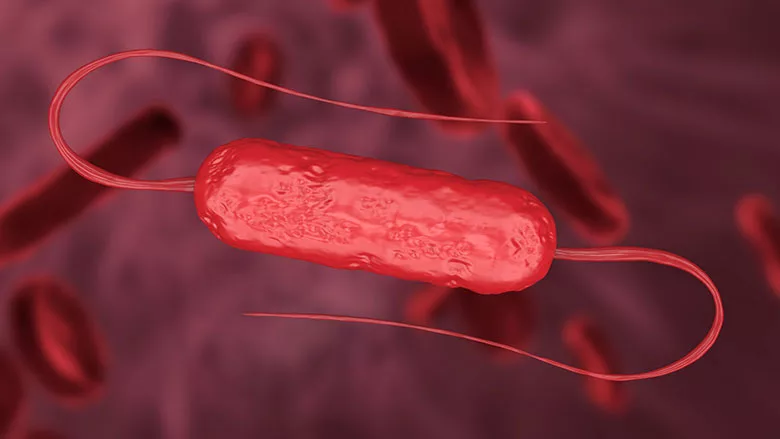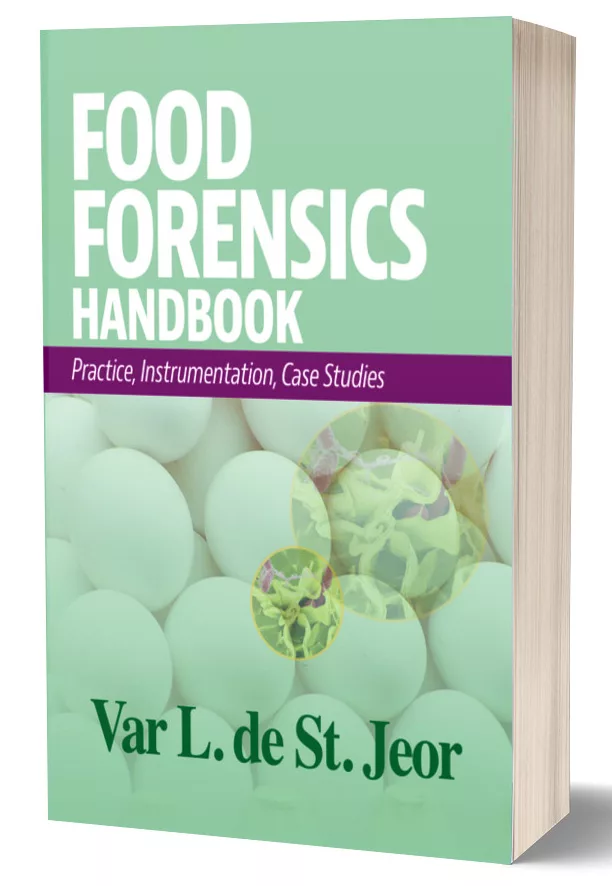Listeria Dataset Constructed With Whole Genome Sequencing

Credit: Bbevren/iStock / Getty Images Plus via Getty Images
To better comprehend how Listeria monocytogenes transmits from nature to humans, 21 collaborative partners across the food, environment, veterinary, and public health sectors have compiled a dataset of 1,484 genomes from L. monocytogenes strains collected in 19 European countries. The constructed dataset provides insight to L. monocytogenes’ ecology, establishes a basis for understanding how certain genetic traits allow the pathogen to adapt in nature, and aids in the surveillance of L. monocytogenes.
It is known that L. monocytogenes thrives in certain ecological niches, especially soil and decaying organic matter, and can persist for long periods of time in soil and on farms. Therefore, soil may be a large contributor to the pathogen’s transmission from natural and farm environments to foods and food processing facilities. Additionally, farm animals and wild animals alike can serve as vehicles for L. monocytogenes. It is also understood that certain clonal complexes (sequence types with significant similarities to a central genotype) are most commonly responsible for food safety incidents.
The dataset seeks to expand upon what is already known about L. monocytogenes’ ecology and transmission, as well as the genetics of certain strains that have adapted to thrive in foods and food processing environments. In line with the “One Health” approach to identifying the genetic mutations and elements that contribute to L. monocytogenes’ adaptation in different ecological niches, strains were collected from farm environments and animals, as well as from natural environments and wild animals. Using whole genome sequencing, the researchers compared the genetic makeup of the collected strains to that of strains isolated from food products and food processing environments.
The constructed dataset provides clarity to the transmission routes of L. monocytogenes from farm and natural environments to food and food processing environments, as well as the pathogen’s ecology. The dataset will also help in assessing which animal and food strains are significant in relation to human infections. The researchers hope the dataset is used by the scientific community to improve the general understanding of L. monocytogenes populations and evolutionary history, to facilitate the detection of emergent clonal complexes, and to identify the genetic traits that allow L. monocytogenes to adapt to certain ecological niches. Knowledge about such genetic traits could be used to develop molecular assays to screen for the pathogen in foods, food processing environments, animals, and soil.
Looking for quick answers on food safety topics?
Try Ask FSM, our new smart AI search tool.
Ask FSM →









